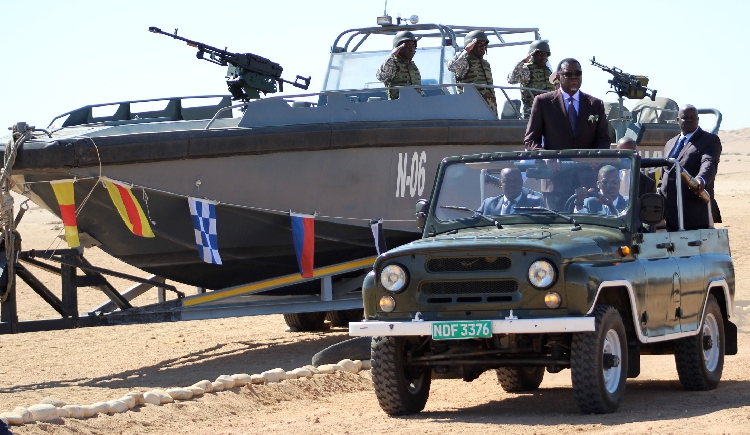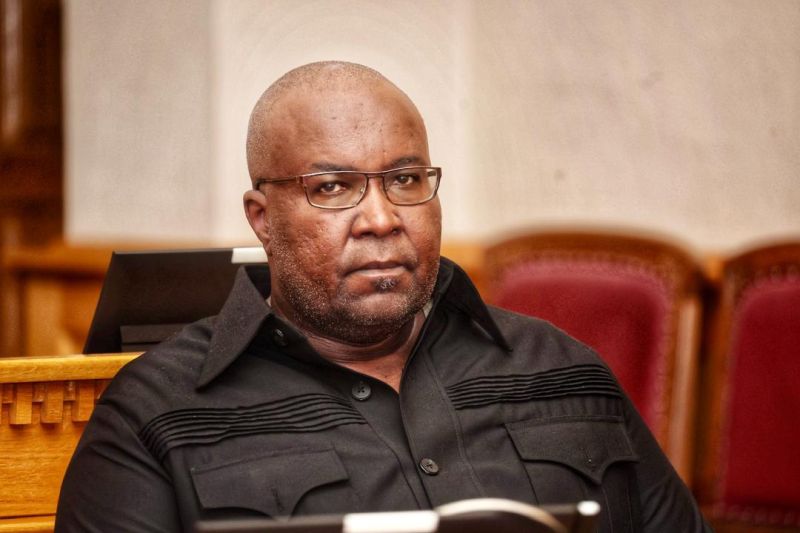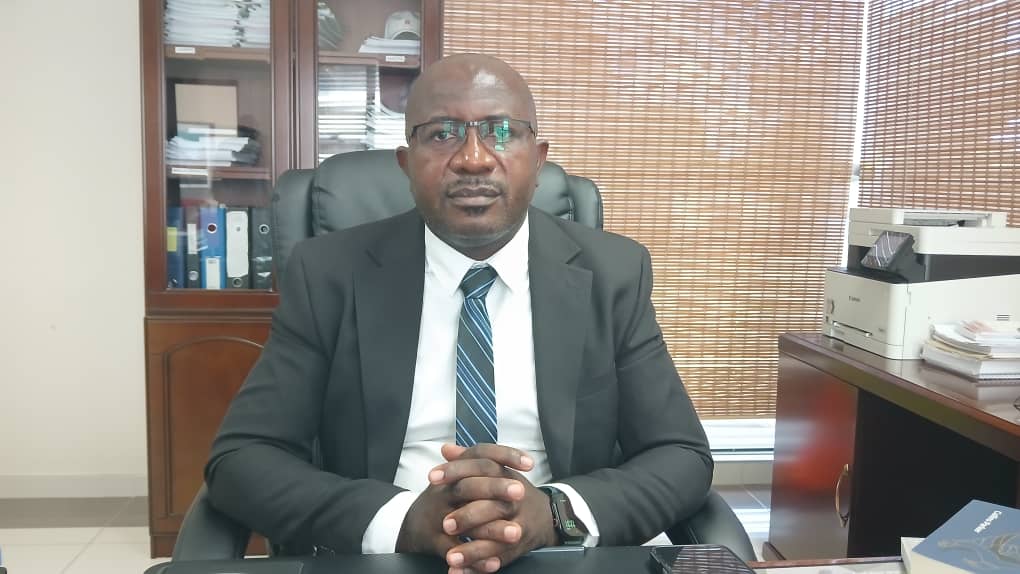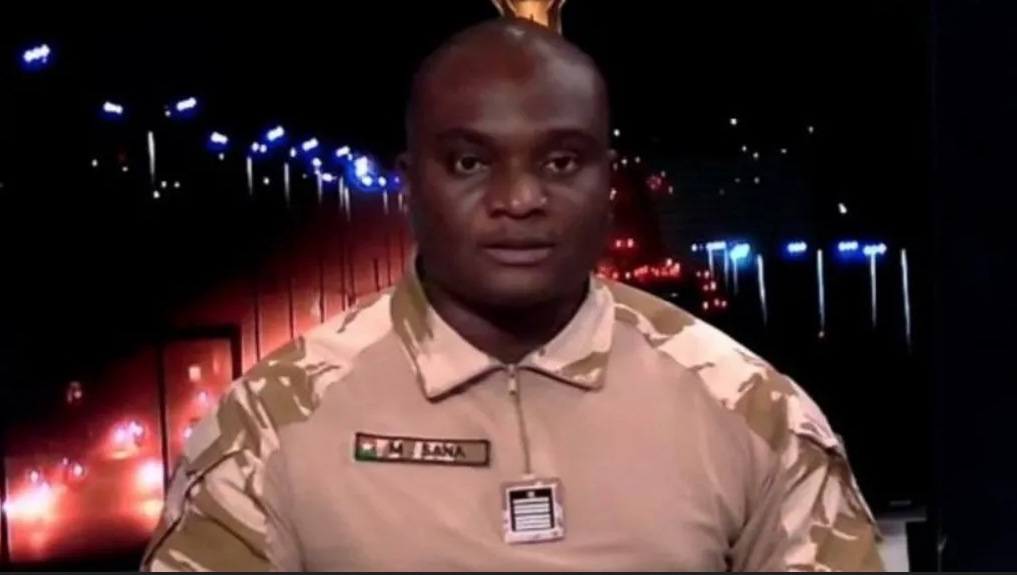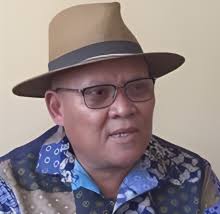NAMIBIA officially has a trained and ready marine corps battalion to add to the country’s defence capacity.
The battalion was commissioned by the Commander-in-chief of the Namibian Defence Force, President Hage Geingob, at the Wilbard Tashiya Nakada Military Base (old Rooikop Military Base) near Walvis Bay last Friday. The naval training school was also commissioned then.
The parade was one of a kind as there was no marching on and off of the soldiers, but they rather stood in full battle gear with various military vehicles and weapons in place. The reason for this was that it symbolised the commissioning of the marine corps in the field, ready to serve and defend their country.
“Today’s members are pioneers of Namibia’s marine corps. They are the best of the best. Others came to prove themselves and are good soldiers, but not good enough to be part of this group. This is a once in a lifetime event, and we solute them,” said Namibian defence minister Penda ya Ndakolo.
Brazil, which celebrates its marine corps’ 208th anniversary this year, played a key role in developing Namibia’s navy and marine corps.
Brazilian marine corps admiral Fernando Antonio said Namibia and Brazil’s relationship has evolved since it signed a military cooperation agreement in 1994 and turned it into a strong and fruitful partnership.
Namibian soldiers were being trained in Brazil, but now with the development of a naval school and marine corps facility and with the assistance of Brazilian naval experts, Namibia is building capacity to train its own marine soldiers. To date, about 700 marine corps have been trained, and their training is considered ‘life-long’, depending on the level of their development. There are about 1 000 members in a marine corps battalion.
Geingob said it was important for Namibia’s defence capacity to be strengthened and perfected, and although national challenges such as poverty, drought and water shortages demanded priority when it came to funds’ distribution, the development of the army, especially the navy, would be supported as far as possible.
“No longer will our navy just be a coastal patrol division. Now, it will be a deterrent to potential enemies and have the capacity to defend our coastline,” he stated. “Our navy can now play a role in peace and war.”
As for the naval training school, prospective naval officers can now train in an Olympic-sized and standard indoor swimming pool recently completed at this military base. Geingob and other attendants were given a presentation on the various training the categories of prospective naval officers are subject to.
“Choosing to become a marine is a calling that only applies to the chosen few. [You] have chosen one of the noblest professions – this is a profession in which only the finest among the finest soldiers can make it to the last hurdle. Marines have been trained to be principled leaders, to be ethical officers, to uphold the highest standards of honour and integrity. You are the cream of the crop, and therefore you must always hold yourselves to the lofty standards of your profession. That is what your country expects from you,” Geingob encouraged the marine corps members.
Namibia has close ties with its SADC partners in military cooperation and development. Every year, soldiers from the special forces of eight SADC neighbours participate in warfare simulations. The annual war exercises were launched in 1997 with the establishment of the SADC Regional Multi-Dimensional Peace Support Operations Capability. The participating defence forces represent Namibia, South Africa, Angola, Botswana, Zimbabwe, Zambia, Malawi and Lesotho.
The aim of the exercise is to train participants in the tactics, techniques and procedures applicable in desert areas and under hot conditions, and improve SADC special forces readiness. Added to this, the exercise will also improve command and control during the planning, preparation and execution and coordination of the SADC special forces’ operations, and operations during anti-piracy within the coastal region.
Stay informed with The Namibian – your source for credible journalism. Get in-depth reporting and opinions for
only N$85 a month. Invest in journalism, invest in democracy –
Subscribe Now!




